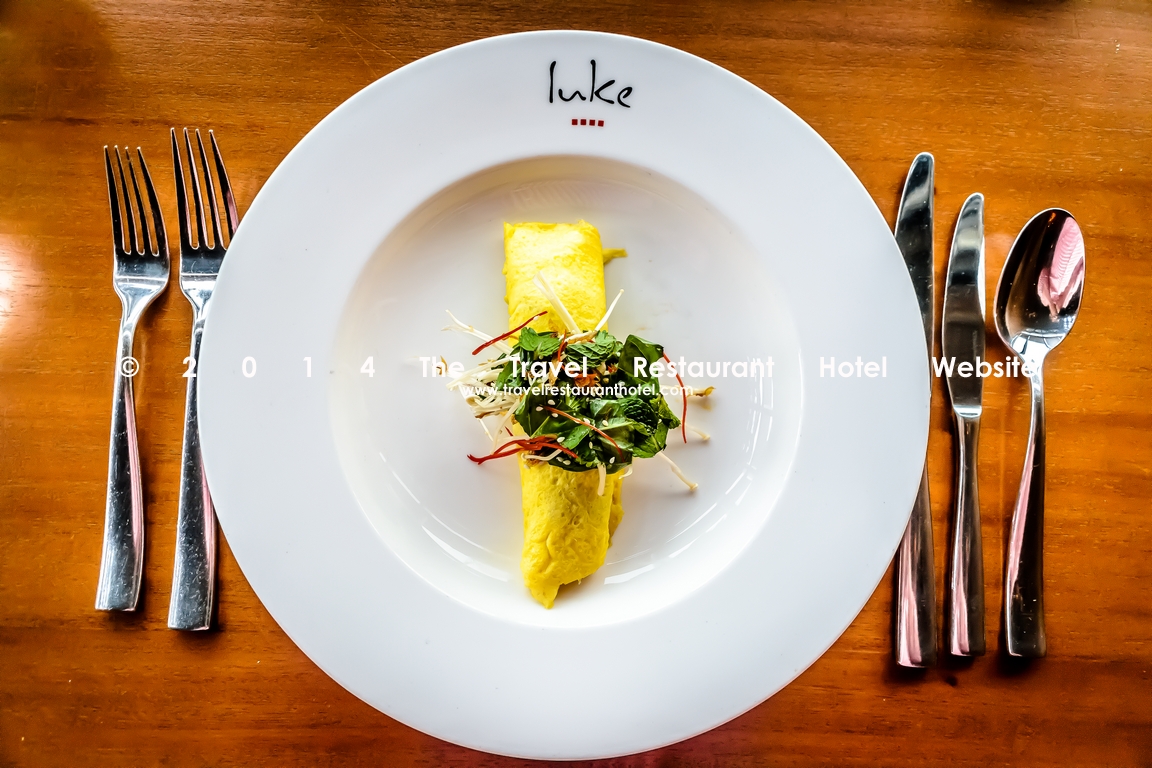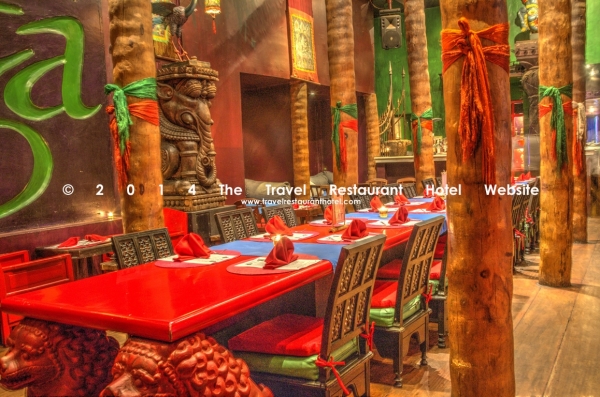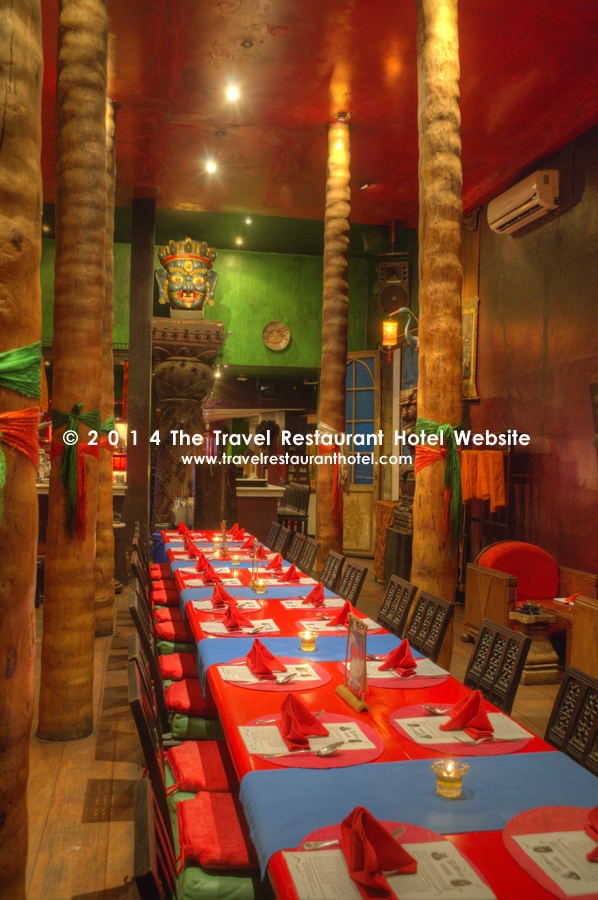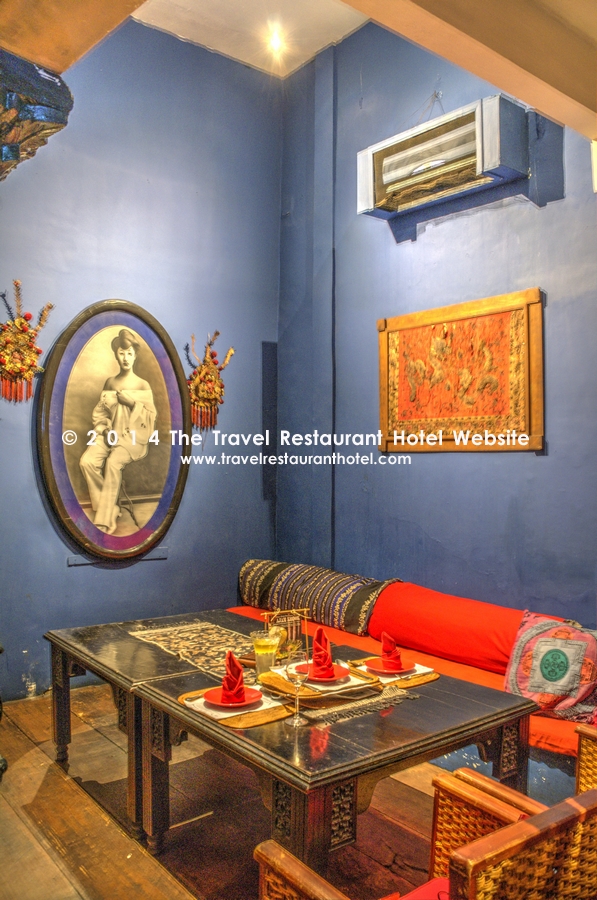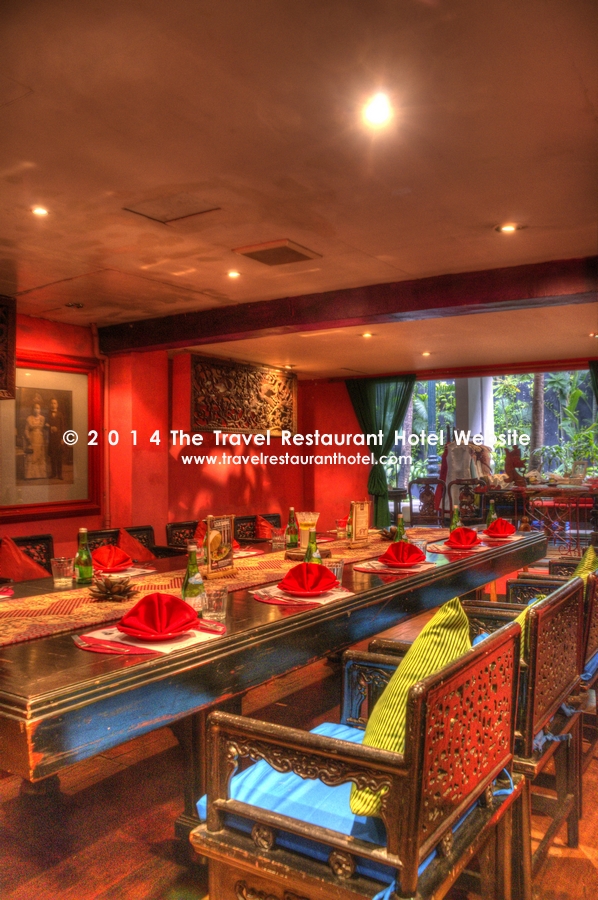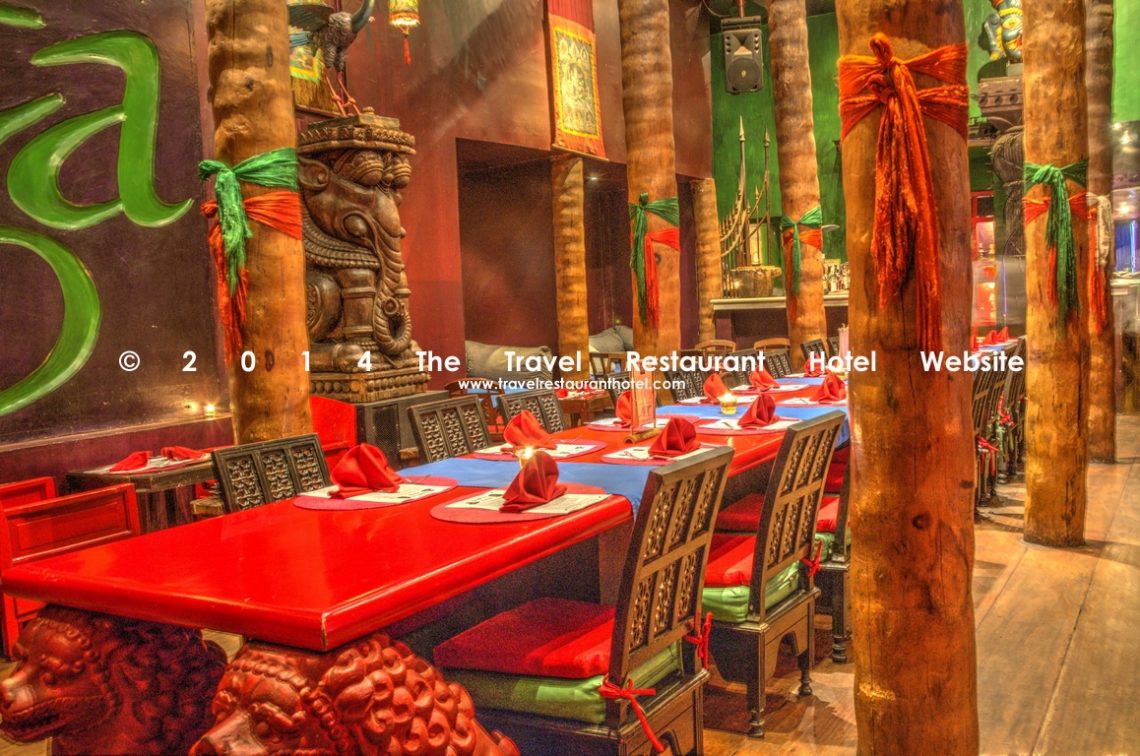
Dapur Babah, Jakarta
Dedicated to keeping alive “the art, soul and romance of Indonesia”, Dapur Babah is the off-shoot of a personal project of the founder Anhar Setjadibrata.
When he was a student in Bali and working as a guide on the side, he was often asked by visitors where antiques could be bought. He was sorry to see these antiques go abroad. After forays into medical school and then law school, he became a successful lawyer. Having now the financial clout, he began collecting antiques. Over time, he had amassed so many antiques that he started his first hotel to display his antiques and to keep alive the idea of romance. From his first hotel in Malang, the business grew to eventually include Dapur Babah.
Taking over the space that was a tailor’s shop during the 1940s, each room in the restaurant—– the Babah room, the Sukarno room, the Angela room, was carefully and tastefully curated by the founder himself. The antiques include relics left over from the Dutch East Indies Company and the Ming Dynasty in China. It was impressive to be surrounded by so many antiques.
While pondering the evoked history, diners can enjoy authentic Peranakan cuisine. “Dapur” means kitchen and “Babah” is another word for “Peranakan”, a term that came about around colonial times in Jakarta to describe the fusion of the East and the West; when Dutch-influenced Javanese women married Chinese settlers. As such, Peranakan cuisine is a melange of Chinese, Javanese and Dutch influences. The menu here certainly reflects that. Dishes are organised into Javanese Peranakan cuisine, Chinese Peranakan cuisine and Dutch Peranakan cuisine. True to its name which hints at a homely influence, all the dishes at Dapur Babah are made from traditional recipes passed down through generations, so authenticity is guaranteed.
For an atmospheric ambience and authentic cuisine, Dapur Babah is a great bet.
Holiday Inn, Malacca (Melaka)
You May Also Like
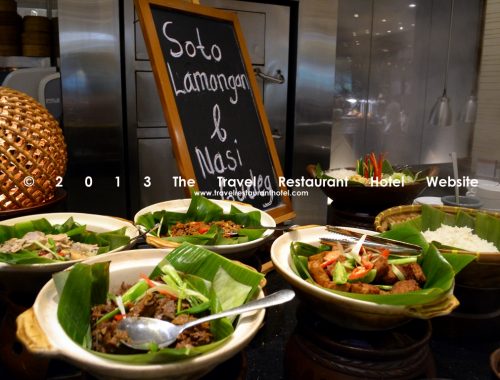
Satoo, Shangri-la, Jakarta
May 30, 2013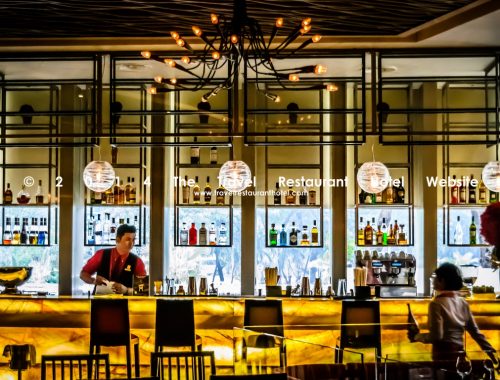
La Luce, Jakarta
June 8, 2015